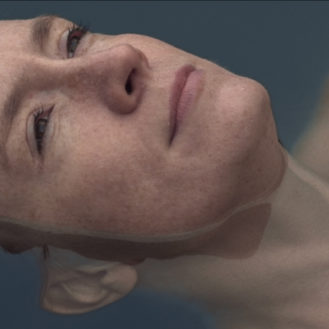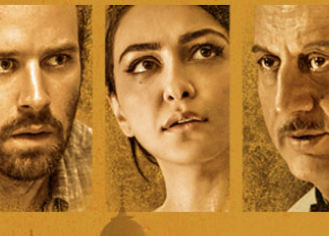There’s no denying how uncompromising Into the Weeds: Dewayne “Lee” Johnson vs. Monsanto Company is with its recap of the ongoing legal battle against agriculture company Monsanto (now owned by Bayer). The struggle for justice after Monsanto’s glyphosate was discovered to be extremely hazardous was an exhausting process for the plaintiffs, and documentarian Jennifer Baichwal does not want to skip over any details. But, does this integrity affect the documentary? For me, it did.
Baichwal did such a good job balancing a traditional documentary structure with the concert genre in the hit Tragically Hip doc Long Time Running. Unfortunately, there’s much to be desired with her latest film. Baichwal has placed so much focus on covering the event, that she’s forgotten how to adapt the material and testimonials for a feature-length film. Because of this, the documentary resembles a dry and drawn out news report. That’s not to say Baichwal needed to tweak her research or motives, or alter the personal level of her interviews. But, her cut-and-dry approach diminishes the engagement of the film’s perspective.
Into the Weeds: Dewayne “Lee” Johnson vs. Monsanto Company eventually pushed me away with its reliance of footage chronicling the court case. It’s intercut by interviews, but not enough to give the film its own identity. Documentaries dealing with this type of legal matter tend to have difficulties securing clearance of confidential information discussed from behind closed courtroom doors. I was reminded of The Case Against 8, a doc that needed to find an alternate angle to deliver accurate legal information the production wasn’t privy to. With a slick style, while jarring at first, The Case Against 8 was able to find a workaround and its footing that added to the movie’s flow.
Now that I’ve watched Into the Weeds: Dewayne “Lee” Johnson vs. Monsanto Company, maybe having access to trial footage isn’t always a blessing. This opinion is subjective, of course, because I understand some movie goers will appreciate Baichwal’s discipline to allow the footage to speak for itself. But, if you’re like me and are expecting more filmmaking flare, you’ll leave the movie feeling informed but disappointed.
**********
Do You Tweet? Follow These Tweeple:
Addison Wylie: @AddisonWylie





Be the first to comment